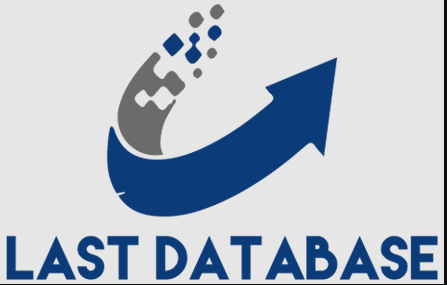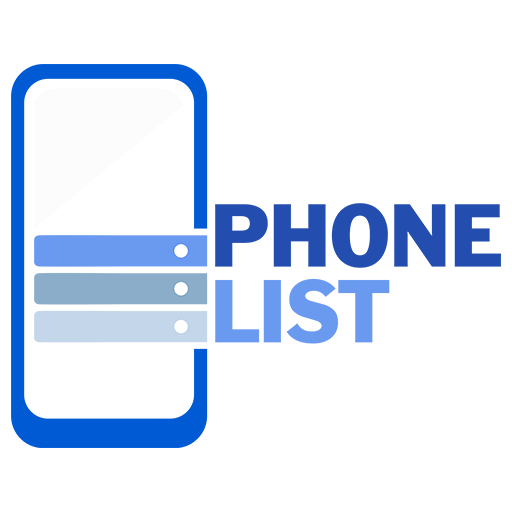Optimizing content for SEO is one of the great ” must haves” in any Content Marketing strategy , especially considering that it is increasingly difficult for brands and organizations to position themselves in search engines. There is an undeniable fact: the Internet is overwhelmed with information .Anyone can enter Google and in a matter of seconds find hundreds of pages and links that lead to the information they are looking for.
In that sense, standing out from hundreds or even thousands of sites that talk about practically the same thing as your content has become a titanic task. But don’t be scared! That’s why we are here, because the mission of this post is precisely to help you implement effective strategies and techniques for optimizing your content for SEO with the aim of climbing the SERPs .
What is SEO content?
If we go to the purest concept of SEO content, we have to say that it is a type of material specifically designed to be classified in search engines .If you have been in the Marketing world for some time, you could easily think that all content on the Internet is optimized for SEO, but this is not true.
To explain the reason for this statement, you just have to think about all those materials that exist on the web and that are never shown to the public who searches on Google .Does this mean that these contents are bad? Well, probably not, since much of the content that is uploaded to web pages has other purposes, such as serving as a repository and making it available to a certain group of people or as study material for a particular class.
What is optimizing SEO content?
Once you understand WhatsApp Number Data what SEO content is and how it differs from conventional materials that do not rank at the top of the SERPs, it is time to address an essential topic to respond to the promise of this article: what is optimizing content ? for SEO ?Regardless of the direction your brand or organization is in, your lead generation and customer conversion strategy cannot be based only on landing pages .The answer is simple: not all users who are interested in your products need or know they need to buy it.
In that sense, optimizing content for SEO becomes an essential practice to attract those people who still do not recognize their problems or the solution to them and guide them until they find it. However, what does this mean?Optimize SEO content This is simply about improving the characteristics and elements inherent to the content and the web page where it is located with the aim of making it visible better than other similar ones in search engines.
Optimizing SEO content is a fundamental resource for any website, since without optimized content it is difficult—or practically impossible—to appear in search results related to the topic or keyword .For SEO strategies, positioning is the maximum performance indicator, since there is no point in creating material designed to generate organic traffic if it cannot appear in the SERPs. Now, if you are already convinced that optimizing content for SEO is what your Digital Marketing strategy needs, we will show you 10 techniques that you can use right now to improve your results.
6 Steps to optimize SEO content
Now speaking of new content, we B To C Database must remind you that the basis of any SEO strategy lies in the quality of the materials.
And regardless of whether you follow all our advice but ignore it, Google will not consider that your material responds effectively to the search intent and will end up relegating your positions.
Search engines use algorithms that are capable of assessing the relevance of a page in terms of the needs and requirements of users. Therefore, following quality standards and recommendations regarding the content topic will give you greater opportunities to climb the SERPs.
A big part of success when optimizing SEO content is tailoring your materials around a specific keyword. Therefore, choosing the ideal keywords is the basis for the correct execution of your strategy, where the following stand out:
Navigation : Keywords used in order to access a brand or company’s website.
Informative : indicating the need to find some information.
Commercial : related to the search for a product or service.
Generic : used to find information on a topic.
Semi-generic : being more specific which denotes greater knowledge about the topic.
Long tail : Keywords with a low level of competition because they are long, generally two to five words in length.







